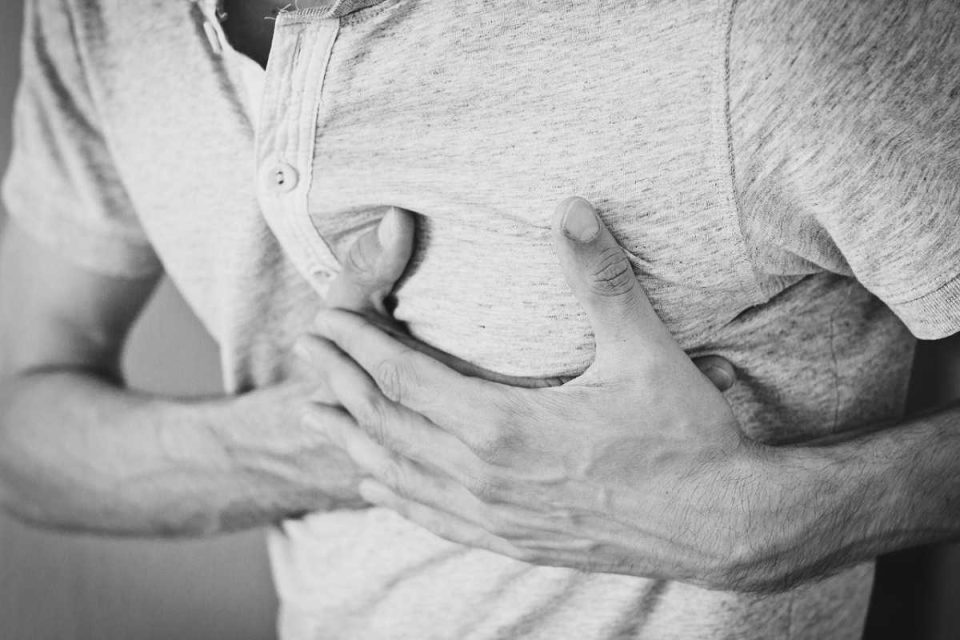There are several reasons why heart attacks are more likely to occur in the early morning or night.
Circadian rhythm: The body has a natural 24-hour rhythm called the circadian rhythm. This rhythm affects many bodily functions, including heart rate, blood pressure, and the production of hormones.
In the early morning, the body’s levels of certain hormones, such as cortisol and norepinephrine, increase.
These hormones can increase the heart’s workload and make it more likely to experience a heart attack.
Sleep: During sleep, the heart rate and blood pressure typically decrease. However, during the early stages of sleep, the heart rate and blood pressure can increase. This heart rate and blood pressure boost can strain the heart, making it more likely to experience a heart attack.
Physical activity: People are less likely to be physically active early morning or night. This lack of physical activity can increase the risk of a heart attack.
Dehydration: People are more likely to be dehydrated in the early morning or night. Dehydration can increase the risk of a heart attack by making the blood thicker and more likely to clot.
If you experience any heart attack symptoms, such as chest pain, shortness of breath, or nausea, it is essential to seek medical attention immediately. Early treatment can help to prevent serious complications or death.
Here are some tips to help reduce your risk of a heart attack:
Get regular exercise: Try for at least 30 minutes of moderate-intensity exercise most days.
Eat a healthy diet: A healthful diet contains plenty of fruits, vegetables, and whole grains. It is also essential to limit your intake of saturated and trans fats, cholesterol, and sodium.
Maintain a healthy weight: If you are obese, losing even a small amount of weight can help to improve your heart health.
Don’t smoke: Smoking damages the arteries and increases your risk of a heart attack.
Control your blood pressure: High blood pressure strains the heart and increases your risk of a heart attack.
Control your cholesterol: High cholesterol can increase your risk of a heart attack.
Manage stress: Stress can increase your risk of a heart attack. Get healthy ways to manage stress, such as exercise, yoga, or meditation.

